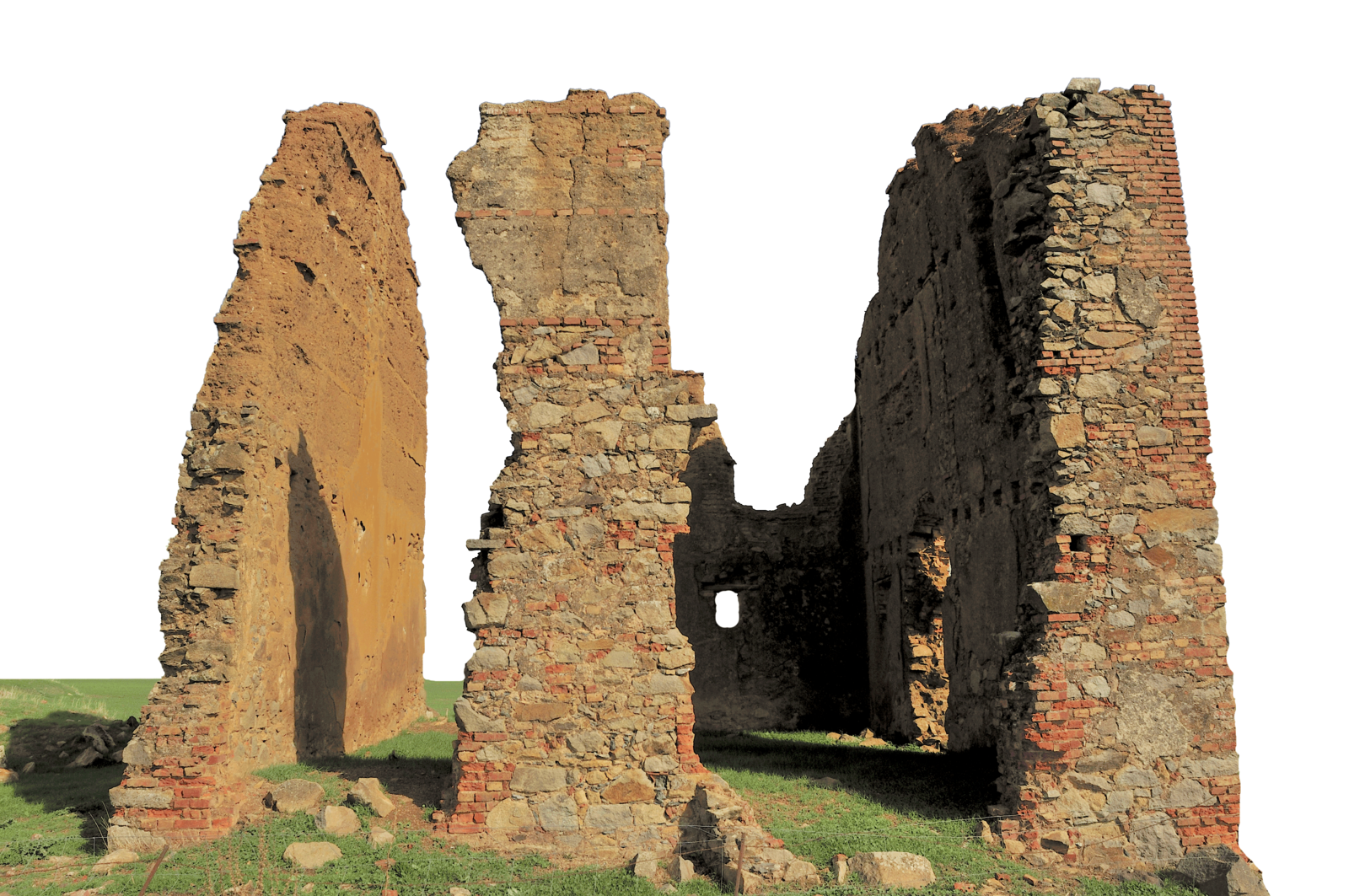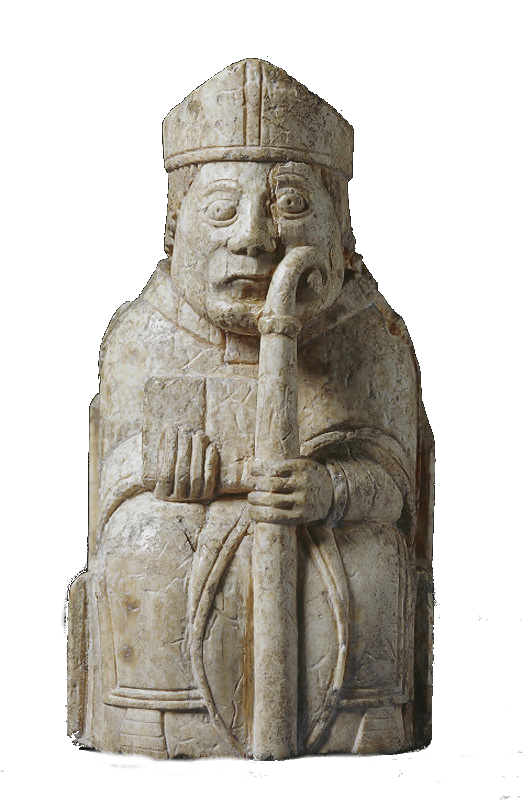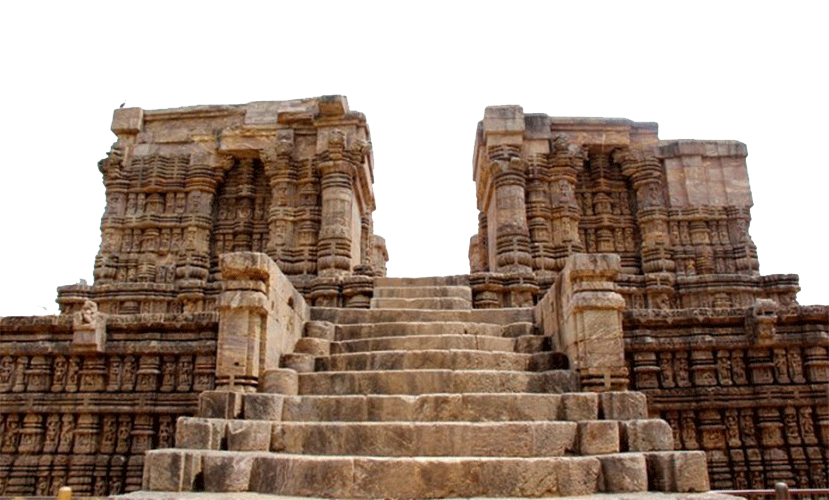I seriously doubt it; the extreme weight of these stones far exceeded the load capacity of any known Egyptian water craft. By, like, a lot.
Archaeology
Welcome to c/Archaeology @ Mander.xyz!
Shovelbums welcome. 🗿

Notice Board
This is a work in progress, please don't mind the mess.
- 2023-06-15: We are collecting resources for the sidebar!
- 2023-06-13: We are looking for mods. Send a dm to @[email protected] if interested!
About
Archaeology or archeology[a] is the study of human activity through the recovery and analysis of material culture. The archaeological record consists of artifacts, architecture, biofacts or ecofacts, sites, and cultural landscapes.
Archaeology has various goals, which range from understanding culture history to reconstructing past lifeways to documenting and explaining changes in human societies through time.
The discipline involves surveying, excavation, and eventually analysis of data collected, to learn more about the past. In broad scope, archaeology relies on cross-disciplinary research. Read more...
Rules
- Don't throw mud. Be kind and remember the human.
- Keep it rooted (on topic).
- No spam.
- No pseudoscience/pseudoarchaeology.

Links
Archaeology 101:
Get Involved:
University and Field Work:
- Archaeological Fieldwork Opportunities Bulletin
- University Archaeology (UK)
- Black Trowel Collective Microgrants for Students
Jobs and Career:
Professional Organisations:
- Chartered Institute for Archaeologists (UK)
- BAJR (UK)
- Association for Environmental Archaeology
- Archaeology Scotland
- Historic England
FOSS Tools:
- Diamond Open Access in Archaeology
- Tools for Quantitative Archaeology – in R
- Open Archaeo: A list of open source archaeological tools and software.
- The Open Digital Archaeology Textbook
Datasets:
Fun:
Other Resources:

Similar Communities
Sister Communities
Science and Research
Biology and Life Sciences
Plants & Gardening
Physical Sciences
Humanities and Social Sciences
Memes
Find us on Reddit

2,5 tons seems extremely doable for even pretty simple ships.
You have a point, but consider:
- Wood doesn’t preserve well.
- It’s unlikely they used anything more than a crude raft to transport them.
- The wood from the raft was likely reused after they were done using it anyway.
Also, they recently discovered a written record from a crew that was transporting some of the stone by boat using artificial waterways that were dug near Giza and filled during the yearly flood of the Nile.
That’s promising! Got a link?
I think this is the one, the Merer diary about Akhet Khufu (their name for the pyramid) and the transport of stones by boat from known quarries.
https://en.wikipedia.org/wiki/Diary_of_Merer
The diary was found a good decade ago, it's not even recent. This particular diary anyway, I don't know about more recent discoveries about the waterways. I mean, beside OP's article.
Thanks!
I have a hard time seeing a raft as having the necessary water displacement capability to handle that kind of weight, thought. And they left a written record regarding much smaller craft; so one obvious question, where's the record of any more advanced ship building?
I guess it's just the fact that it's actually really not easy at all to get such enormous chunks of stone to float. But, I also cannot offer any other explanation, so take that as you will...
I thought about these two factors too, and they bug me.
Clearly there is a way to build a boat that can carry the equivalent of one of those massive blocks. It would have a massive amount of wood and some clever engineering. Whether they knew how or even if the waterways were deep enough for them to go through…
Could it be this was the technological leap that allowed the the big pyramids to be built, and why they stand so much taller than the others? Could it be the knowledge didn’t last long and whatever written record got lost to time? It’s a lot of conjecture.
Oh, I totally agree with your views here, I think. I guess it just bothers me whenever I see some "obvious" solution on some article or headline. The ones who built these monuments achieved something truly incredible, and we still can't explain how they did so.
Ancient Aliens, duh :p
This is the best summary I could come up with:
Scientists have discovered a long-buried branch of the Nile River that once flowed alongside more than 30 pyramids in Egypt, potentially solving the mystery of how ancient Egyptians transported the massive stone blocks to build the monuments.
The 40-mile-long (64km) river branch, which ran by the Giza pyramid complex among other wonders, was hidden under desert and farmland for millennia, according to a study revealing the find on Thursday.
“But nobody was certain of the location, the shape, the size or proximity of this mega waterway to the actual pyramids site,” said the lead study author, Eman Ghoneim of the University of North Carolina Wilmington in the US.
Radar gave them the “unique ability to penetrate the sand surface and produce images of hidden features including buried rivers and ancient structures,” Ghoneim said.
This indicates that the river played “a key role in the transportation of the enormous building materials and workmen needed for the pyramid’s construction”, she added.
These heavy materials, most of which were from the south, “would have been much easier to float down the river” than transport over land, the study co-author Suzanne Onstine of the University of Memphis said.
The original article contains 503 words, the summary contains 194 words. Saved 61%. I'm a bot and I'm open source!